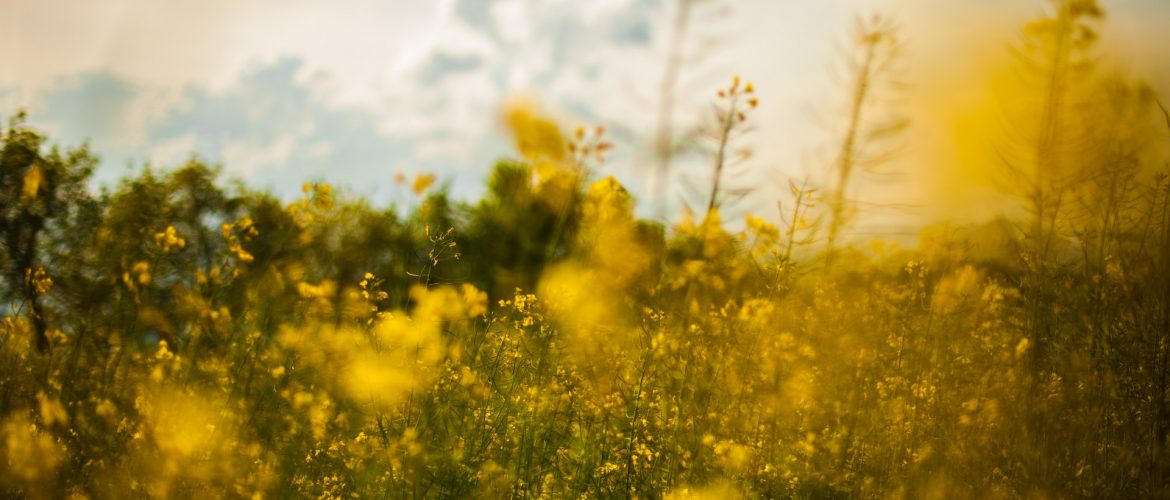A Community Conversation Acknowledging Trauma and Pathways of Healing
6:30 pm EST
$5 Donation
Come listen to OMA panelists share their stories of personal trauma in their lives, and the paths of healing they took to overcome pain and suffering. Through this conversation, our panelists and moderator will help bring awareness of techniques and ways of healing from various forms of trauma that others may benefit from.
Watch the recording of You Are Not Alone
(You will need a registrant passcode.)
This panel conversation is a virtual continuation of OMA's Trauma programs, and is designed for the sharing of stories around our diverse life experiences and exploring the connections among us all.
As Gail Hunter reminds us, "Our greatest suffering is a feeling of being disconnected." As we learn to acknowledge our traumas and bring awareness to the experiences in our lives that have brought us pain and severed our connection to self, we then can begin the journey home.
We hope you can join us for the first of this online series as we continue our journey home to ourselves and to one another.
--Callie Gropp
Agenda
Moderator
Callie Gropp
6:30 PM EST: Opening
Gail Hunter
What is Trauma?
6:50 PM: Panel Sharing of Personal Trauma Stories
Angela Failor, Jacqueline Harter, Gail Hunter, Mai Nguyen, & co-host Erin Daquelente
Audience Q & A
8:00 PM: The Alexander Technique for Stress Relief
Marilyn Carpenter
8:20 PM Closing & Final Remarks
Callie Gropp
See Speaker Bios
Let’s all drop the pretense that we are either normal, or abnormal...
We are all in the same support group: ordinary people who must deal with the struggles that come with being human. We all carry this heavy weight—a trauma, in today’s terminology. We all at the same time struggle to meet our basic human needs for connection, community, acceptance and validation among ones who share our culture and language, or not, for authenticity–the capacity to feel what we feel and to be in touch with our bodies and to express what we feel when we need to.
Fundamentally, that is the ultimate trauma, the disconnection from ourselves.
We want to dedicate this community conversation to people who long to tell their raw stories; who have numbed their tears and lost their pain; who look forward to the return of childhood days to be held by the embrace of love, regardless of their background and ethnicity.
In this series we believe that in the presence of compassion, healing is possible. Only with compassion can we bear our pain. In the Tibetan Book of Living and Dying the author says, whatever you do don't shut off your pain. Accept your pain and remain vulnerable.
--Mai Nguyen

